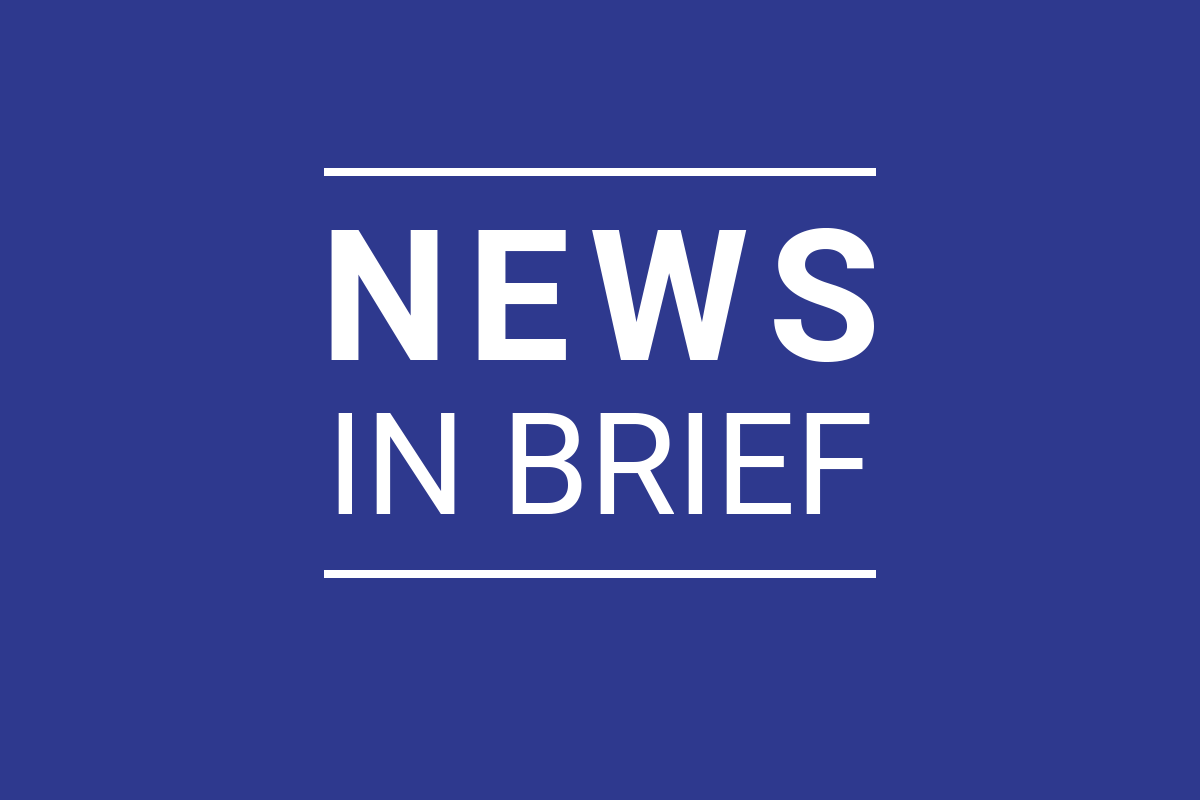
Now Enrolling: EA9213 for T-Cell Acute Lymphoblastic Leukemia
June 21, 2022
News in Brief, August 2022
August 16, 2022From the Co-Chairs, June 2022


By Peter J. O’Dwyer, MD (left)
and Mitchell D. Schnall, MD, PhD
The conclusion of the 2022 ASCO Annual Meeting represents the culmination of spring conferences that included our semiannual Group Meeting in Chicago. Happily, neither appears to have been a source of contagion, and the precautions at both meetings adequate for the purpose. Remarkably, the aim of each meeting was well met, with almost a celebratory atmosphere at both events—quickly followed by a commitment to getting down to work. The ECOG-ACRIN committee meetings were lively and effective, as new scientific ideas and updates of current trials were shared. The ad hoc gatherings in corridors, coffee shops, and bars renewed collaborations and forged new opportunities.
The Robert L. Comis, MD Translational Science Symposium, led by Dr. Al Benson, marked a substantial step toward integration of real-world data to inform our research. Leaders from the FDA, the insurance industry, pharma, and information science were overwhelmingly supportive of ECOG-ACRIN developing programs in this arena. Panelists discussed numerous potential applications, including complementing control groups, especially for trials in rare tumors; supporting label expansion; post-marketing studies of generalizability and equity; and downstream evaluation of the impact of our novel treatments on clinical effectiveness. The panel particularly emphasized the quality of the databases, and their prospective collection. ECOG-ACRN is assembling a working group to advance the statistical, operational, and financial support of this endeavor, and we will appreciate your feedback.
In the General Session, a full agenda included an update by Dr. Barbara Burtness on progress of the Task Force on Advancement for Women, which was established in 2021. This group is conducting a broad analysis of representation across all aspects of Group function, and we look forward to implementing changes that will strengthen ECOG-ACRIN going forward. We will keep you updated, and again seek input. For an additional perspective on the advancement of women in our field, astutely observed by Donna Marinucci at ASCO, be sure to read her editorial in the News in Brief section. Notably, of the 22 ECOG-ACRIN abstracts accepted for presentation at ASCO, 17 had women as first authors.
The General Session also featured the award of Young Investigator of the Year to Dr. Jennifer Eads of the University of Pennsylvania, and a presentation of the highly impactful results of EA6134: DREAMseq in advanced melanoma by Dr. Michael Atkins. Dr. Jedd Wolchok, Chair of the Melanoma Committee, delivered an erudite and informative analysis of immunotherapy. Dr. Wolchok was recognized by ASCO this year as the David A. Karnofsky Memorial Awardee. We congratulate him on this recognition of his clinical and translational contributions to science and to the welfare of melanoma patients.
Finally a word about the ASCO meeting—in person, enthusiastically supported, and with a buzz of mixed relief and excitement. One aspect in particular stood out: the reception of the plenary session results of trastuzumab deruxtecan treatment of patients with “HER2-low” breast tumors has received wide news coverage—the standing ovation for this presentation was a resounding celebration for a positive result that may have broad applicability. The very positive results in this patient population were remarkable in themselves. In addition, the principle that effective drug delivery can be accomplished despite less-than-high overexpression of a target receptor holds promise for this drug in multiple cancers, and other antibody-drug conjugates in different diseases. These results expand the therapeutic boundaries for such agents. Progress indeed, and justifiably celebrated.
Read the June 2022 issue here.
![ECOG-ACRIN logo[19516]275×75](https://blog-ecog-acrin.org/wp-content/uploads/2021/03/ECOG-ACRIN-logo19516275x75.png)
